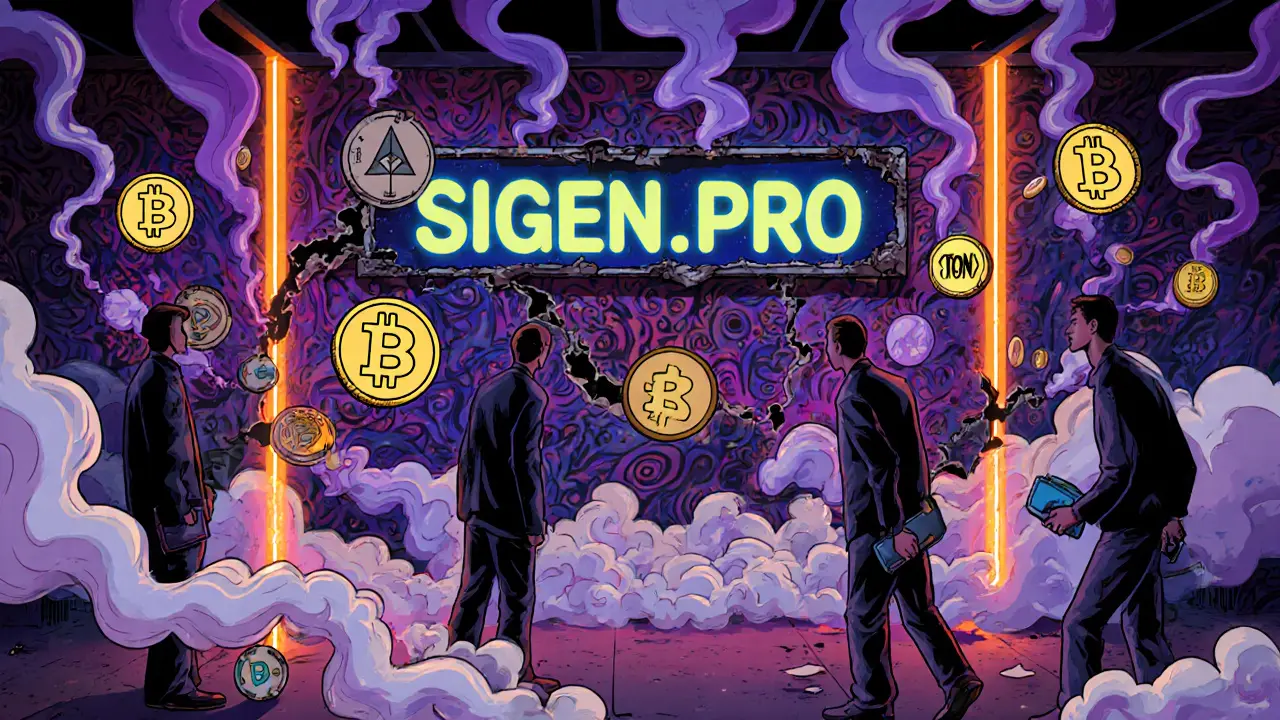Custodial Crypto Wallet: What It Is and Why It Matters
When you use a custodial crypto wallet, a third party like an exchange or service holds your private keys and controls access to your crypto. Also known as hosted wallets, they’re the default choice for most people—simple, familiar, and easy to use. But that convenience comes at a cost: you don’t truly own your crypto unless you hold the keys yourself.
Think of it like a bank account. The bank keeps your cash safe, but if the bank fails or freezes your account, you’re stuck. That’s exactly what happened with FTX, BitWell, and other exchanges that collapsed—users lost everything because their funds weren’t theirs to begin with. A crypto exchange, a common platform where custodial wallets are offered. Also known as centralized exchanges, they make trading easy but turn your assets into a liability if the platform is hacked, regulated, or shut down. Meanwhile, a non-custodial wallet, a wallet where you control your own private keys. Also known as self-custody wallets, it puts full responsibility on you—but also gives you real ownership. The difference isn’t just technical; it’s about power. Who controls your money? The system, or you?
Why This Matters More Than You Think
Every post in this collection ties back to this core tension: control versus convenience. You’ll find reviews of exchanges like BUX, BingX, and Coinext—all of which use custodial wallets by default. You’ll see warnings about dead platforms like BitWell and JulSwap, where users couldn’t withdraw because the keys were held by a company that vanished. Even airdrops like FOTA and KIM are risky because you’re often asked to connect a custodial wallet, giving scammers access to your entire account. Meanwhile, guides on wallet management and crypto security show you how to break free from this model and take real control.
There’s no one-size-fits-all answer. If you’re just starting out, a custodial wallet might feel safer. But if you’re holding more than a few hundred dollars, or if you care about long-term ownership, you need to understand the risks. The truth is simple: if you don’t have the private key, you don’t have the crypto. This collection doesn’t just explain custodial wallets—it shows you where they’re hiding in plain sight, how they’ve caused real losses, and how to protect yourself before it’s too late.
SIGEN.PRO Crypto Exchange Review: Is It Still Operational in 2025?
SIGEN.PRO was a commission-free crypto exchange that vanished after 2021. As of 2025, it's likely shut down. Learn what it offered, why it failed, and where to go instead.
